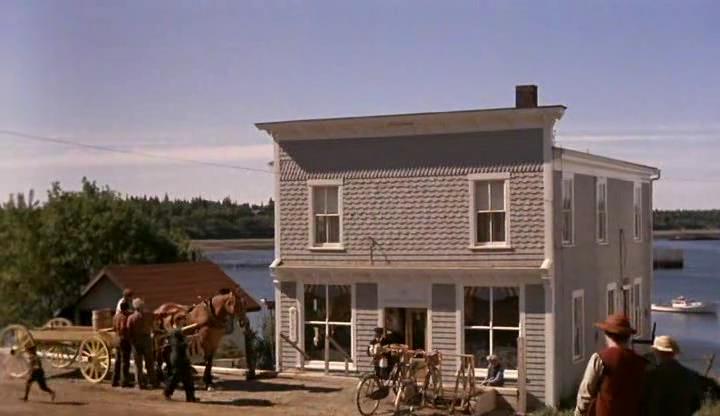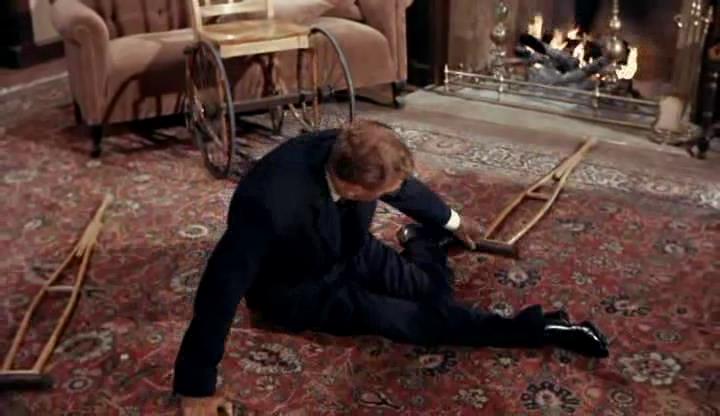Lonelyhearts
The Chronicle
sob sister finds out what Freud meant.
That is a major
revelation, of course, though you couldn’t tell the New York Times film
critic, Bosley Crowther, who was convinced the writer had “mixed his moral metaphors”,
whatever that means, and moreover had bungled his job on the boss, whose “kind
of managing-editor dialogue went out of fashion with Prohibition beer,” but the
actors get their praise.
“Too vaguely
liberal,” says Halliwell’s Film Guide, despairing of any grasp at all.
The dilemma of
learning to write at a newspaper is the stated theme, grandly confirmed at the
“small dinner” in Delehanty’s back room, where the journalists hack out Miss
Lonelyheart’s replies like James Joyce’s medicos, the editor knows what to tell
unhappy readers, go to church.
Time Out Film
Guide laments Donehue’s visual
compression like “a live episode of Playhouse 90”, but “that newsroom
set!” has the two essential pillars of the Chronicle stand for all, the
drama critic like a spare set of tonsils who knows his Ibsen in a way and the
quotidian scribbler who no longer philosophizes, “now I work for a living.”
Sunrise
at Campobello

Mr. & Mrs. R.
and their “noisy group of illiterates” extinguish a blaze on the island, “sailing
and picnicking” are the pastimes, Julius
Caesar in the evening with the French governess in the title role (“probably
my greatest stroke of casting”) and Mr. R. as Mark Antony.
Dore Schary’s play, presented
largely as such to give a flavor of the performance, instantly evoking The Sound of Music (dir. Robert Wise).
“Granny’s moved
to London, to visit cousin Muriel...”
Interspersed with
location filming, accented by Waxman’s Coplandesque
score (he cites the Lincoln Portrait,
in the score of which one reads, “it is the composer’s wish that the Speaker
depend for his effect, not on his ‘acting’ ability, but on his complete
sincerity of manner”), to give the public persona on the return to New York.
Mr.
Lincoln’s train, he of the humorous anecdote regarding a certain deserter. Mr. R. plies Franklin’s “long arm” gadget like a swifty. A letter from Woodrow
Wilson, “that’s really quite thoughtful of him.”
At the time of
the Teapot Dome scandal, a squeaky-footed dirigible service to Chicago, “the
cost of construction, as you will see, will be cheaper if they’re built in
Germany.” An oil deal all gas. The story
of the “simply unbearable” one-room cabin “way back in the hills of upstate New
York.”
FDR
at work, in the 1924 nomination.
Life with Father (dir. Michael
Curtiz) for the drive to the Garden, “I hope our conventions never turn into
high school pageants.” Before The Last Hurrah (dir. John Ford), still playing post office.
The Lon Chaney impression of the podium walk, at the start of which Roosevelt’s
trim bearing shows the Navy man, is perhaps best
understood as a rendition of Gilbert’s Reach
for the Sky.
Bosley
Crowther of the New
York Times, “a well-done, moving biographical film.” Variety, “grandslam feat.” Leonard
Maltin, “sincere... well acted.” TV Guide, “a heartwarming look”. Halliwell’s Film Guide, “static filming”.
